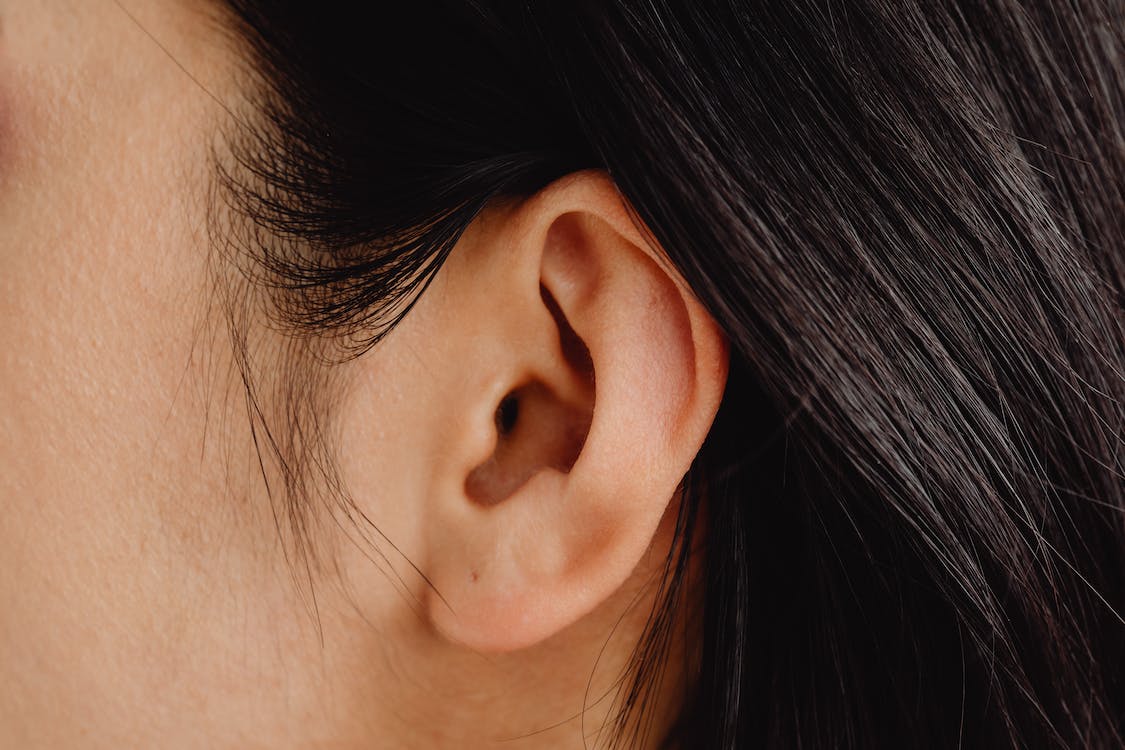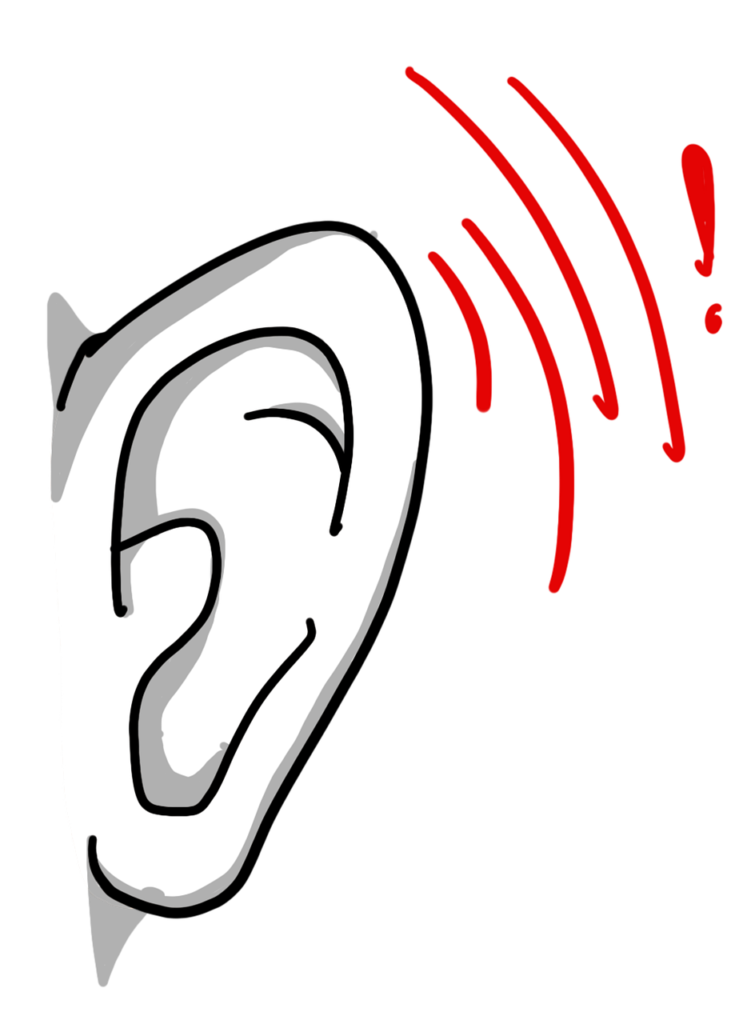Contents
Blood in the ear: a frequent traumatic origin
Infectious origin of otorrhagia
Tumor origin in case of blood in the ear
Blood in the ear: what to do?
The presence of blood flowing from the ear, otorrhagia, can have different origins, from the most benign to the most severe.
In all circumstances, consultation with a health professional is strongly recommended. Find out more details in this post.
Blood in the ear: a frequent traumatic origin
In most cases, a visible discharge of blood from the external auditory canal is caused by trauma. Trivial actions, such as the following, can cause the injury:
- Cleaning too vigorously.
- Excessive scratching. Some people with recurrent itching in the ear are particularly prone to this.
- Introducing a foreign body is common in children and adults, who generally try to eliminate the wax by this means, with any object passing within reach (paper clip, hairpin, car keys, etc.).
When the wound is cutaneous, the situation is benign; but it can happen that the trauma leads to a perforation of the eardrum, the thin membrane that separates the external auditory canal from the middle ear.
Certain situations are conducive to this type of damage:
- scuba diving, where there is a sudden change in pressure;
- a violent blow to the ear or a firearm’s detonation triggers a concussive shock.
Finally, in the most severe cases, otorrhagia reflects the presence of cranial trauma when the rock, the bone located at the ear, is fractured.
Infectious origin of otorrhagia
Viral or bacterial ear infections
Some viral ear infections cause small bubbles, phlyctenes, to form in the external auditory canal and eardrum, releasing blood when they rupture. The patient feels immediate relief when this rupture occurs. A fresh bloody discharge may indicate viral otitis.
In bacterial otitis, the discharge is often purulent and may contain blood. Chronic forms of otitis are accompanied by polyps, which may bleed, especially if there is trauma to the area.
Ear shingles
Shingles, an infectious disease that occurs when the chickenpox virus reactivates, sometimes affects the ear. It leads to the appearance of vesicles, some of which are haemorrhagic.
Tumor origin in case of blood in the ear
A discharge of blood from the ear can also be associated with the presence of a tumor. This may be as follows:
- a benign tumor of the external auditory canal;
- cancer of the outer or middle ear
- a tumor in the jugular glomus, a small structure at the skull’s base, is benign in 90% of cases.
Blood in the ear: what to do?

In the event of bleeding in the ear, it is essential to consult a doctor. In the meantime, heed the following advice:
- Do not put drops in the ear, nor water, as this could be harmful if the eardrum is perforated.
- If a foreign body is introduced, do not try to remove it yourself, as this may aggravate the situation or cause further damage.
- Lying on the side of the discharge to facilitate drainage is recommended.
- Taking a painkiller to relieve the pain can be helpful.
Take care of your ears with our new content:
- Ear Hygiene: Dealing with Earwax;
- Ear candles: really useful or a scam?
It is strongly advised to seek a health expert if the blood in your ear persists. Also, let us know if you want to read about a particular ear topic. We promise to get to you quickly!
Hope this post has provided you with the information you were looking for. Remember to jot down a few words in the comments below.



Pingback: Are Ear Candles Really Useful, or Are They a Scam? – Hello sites